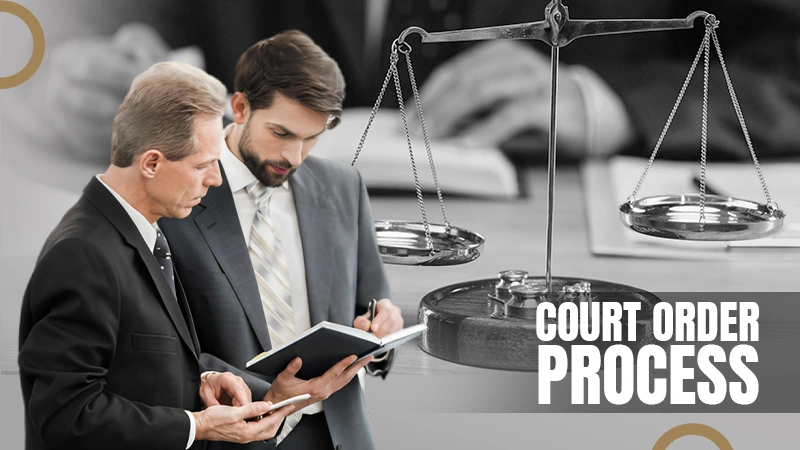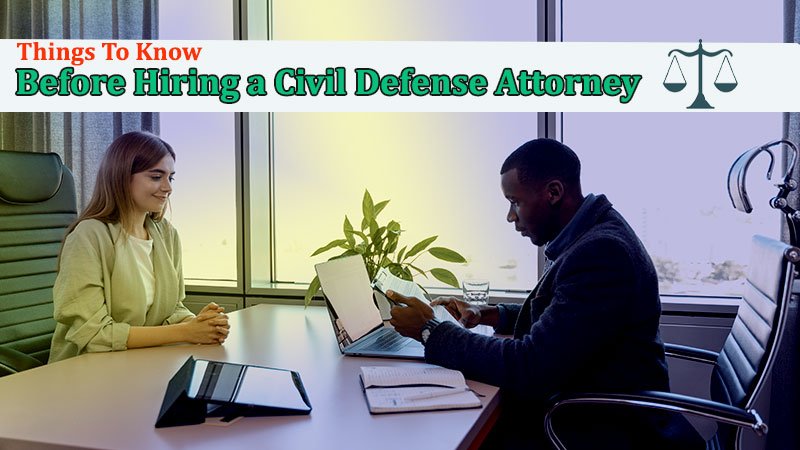A Guide To Corporate Internal Investigations
As it currently stands corporations are underway more scrutiny than they have ever been before and so as a result there is an increased chance that serious allegations are made against them. When and where this happens, corporations need to act in a way that establishes exactly what the facts are so that an appropriate level of response is produced. An internal investigation lawyer plays a key role in achieving this outcome.
There is no set form that response ought to take and, in fact, can come in many different forms. However, those best responses can only be provided once a fully objective and thorough investigation has been conducted in order to establish just how credible the allegations that are being made are. This is a job that only an internally conducted investigation is able to establish and sounds out a message to anyone involved that such issues will not be tolerated in the future.
By carrying out an investigation, it can be determined if there is in fact an actual problem and what the best way of resolving it is. The findings that are produced can help to identify exactly what decisions must be made in order to protect those innocent parties from any claims of complicity and to also ensure that the correct action is taken, that a culture of openness is promoted, and that a dialogue with the authorities is opened.
An internal investigator aims to establish all of the facts in order to conclude if there has been any sort of wrongdoing, what caused it, and what preventative steps can be taken so that the same exact thing does not happen again. They will also do what they can to ensure that the corporation is in a strong position in the instance that the regulators or the authorities conduct their very own investigation. For reassuring third parties, trading partners, and investors in the corporation, a full internal investigation can provide some real value.
It is important to remember that conducting an internal investigation is no mean feat and is a big decision for any corporation to make. This is because once the process of an investigation has started it is very difficult to reverse it, never mind stop it. When it comes to an internal investigation, there is no single plan that suits all corporations and so the process needs to be completely bespoke and tailored to the specific issues that arise along the way.
Tailoring an Investigation
In order to correctly tailor an internal investigation to the specific issues that present themselves, it needs to be performed in such a way that causes the least amount of disruption and damage to the corporation. This involves looking at whether or not the allegations that have been made have any truth behind them or if they are simply rumors or hearsay – thus determining if an actual investigation is necessary or not.
Upon being made aware of any allegations, it is important to put into place a committee of people to steer and oversee the investigative process. When putting together this committee it should not include any individuals who further down the line would have to be removed from it as a result of being directly involved in the investigation itself.
Where an internal investigation is decided to be necessary, its structure and the sequence of the events have to then be determined. The following points need to be considered – will outside help be required? Which persons/people will lead the investigation? Which persons/people will assist in the investigation? What documents and materials are required for the investigation? Who and how will people be interviewed? What questions will they be asked? What should people be told about the investigation? How can the investigation be done so that it does not breach any laws?
In addition to this, arrangements need to be made for the purpose of record-keeping and taking notes, storing and securing documents, reviewing the evidence, analyzing the behavior of those being interviewed, arranging to follow up questions for interviewees, reviewing the evidence, and making decisions on if or not the findings need to be reported to the appropriate authorities.
Ensuring Confidentiality
When conducting an internal investigation, confidentiality is of vital importance and goes way beyond the requirement of protecting the reputation of a corporation. When an investigation is conducted completely confidentially, it minimizes the chance of any information being leaked out to the public or the media – thus making it much easier for the covering up of evidence of wrongdoing. Should law enforcement agencies become involved at any point and they have to perform their own investigation, the fact that the initial investigation by the corporation itself was conducted in highly confidential circumstances will be of importance and will be helpful should it need to defend itself legally.
This is why the concept of confidentiality needs to be fully emphasized and explained to not only those conducting the internal investigation but to those people who will be interviewed and questioned as part of the process.
Keeping it Professional
Professionalism should be at the forefront of any internal investigation that is carried out. This means those doing it should be very respectful to all involved parties all the time and act with a certain level of integrity, objectivity, and fairness. It is important that they work in an ethical, efficient, and diligent manner and provide those that they intend to interview as part of the process with a full explanation as to why they are being questioned.
When asking questions during an interview, it is important to ask the correct questions to the right people. As a result, investigators need to be responsive as and when new pieces of evidence and facts emerge so that they can determine a truer picture of things and report this in an honest, concise, and clear manner. This can only be done by those individuals who possess a certain level of impartiality and carry with them no clear conflicts of interest.
Follow Us
Latest Post
















